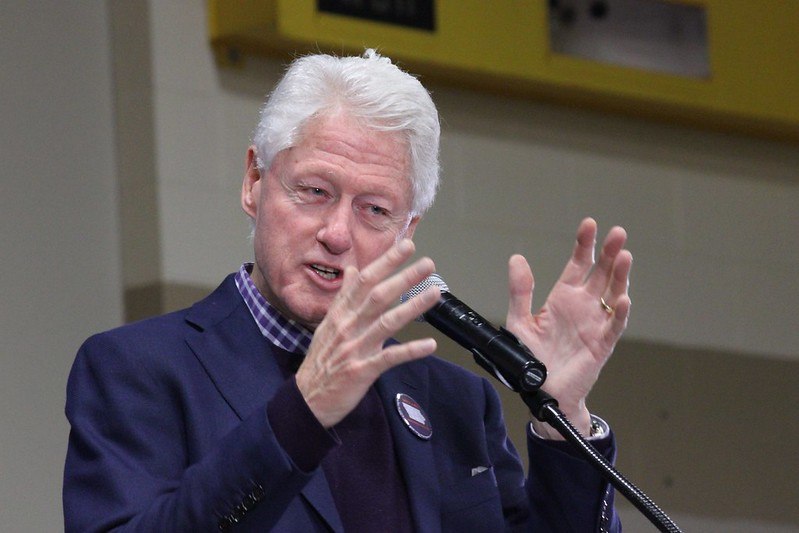1. Russia manipulated (and brutalised) Ukraine much, much earlier than the US. It also flooded Ukraine with arms before the US did.
2. "The US did bad things in Vietnam/Afghanistan/Iraq so therefore its not so bad for Russia to invade and annex Ukraine" isn't really an argument; its essentially whataboutism.
Yet Russia is the aggressor, and Ukraine is now fighting to prevent annexation of its own internationally-recognised territory. Arming the target of invasion as it defends itself is not morally equivalent to arming an aggressor.
You can't just gloss over which side is the aggressor and which is the target of imperial invasion. That's pretty central to whether assistance can be justified.
Ukraine was part of the Soviet Union, and thus did not concern U.S. It was when the Soviet Union fell apart that the U.S. and NATO manipulated former Soviet republics using a combination of shock therapy and dangling NATO membership:
The militarization of American foreign policy has evolved over the past thirty years. Ironically, this took place in the wake of the dissolution of the

www.counterpunch.org
This went on all the way to the 2010s, when Obama wanted Russia to join NATO:
The alliance is hamstrung by the least Atlanticist president since World War II.

www.politico.eu
A series of bad decisions during the Obama years prepared the ground for Vladimir Putin’s war.

foreignpolicy.com
What the pundits didn't mention is that Obama shifted from Clinton's adventurism in Eastern Europe and Dubya's adventurism in the Middle East to attempt a pivot in Asia:
Since its unveiling under the Obama administration, the U.S. “pivot” to Asia has constantly been derailed by emergencies elsewhere. The Ukraine war is just the latest example.
thediplomat.com
In short, the U.S. was engaged in military expansionism and manipulation from the early 1990s to the present in the Europe, the Middle East, and Asia, which is exactly what Mearsheimer described:
Why? Because the goal of the U.S. is to protect the dollar, as Stoltenberg correctly pointed out recently:
This was never against a fight against tyranny or oppression or genocide but a global financial system dominated by the dollar. That's why the U.S. was engaged in multiple deals with all sorts of regimes across the decades:
and even mayhem leading to millions dead:
The Costs of War Project is a team of 35 scholars, legal experts, human rights practitioners, and physicians, which began its work in 2011. We use research and a public website to facilitate debate about the costs of the post-9/11 wars in Iraq, Afghanistan, and Pakistan.

watson.brown.edu
It is no different from the "tyrannies" it attacks, from China to Russia to North Korea to Iran. Why? Because without the U.S. dollar, it loses superpower status, and that leads to a unipolar world, which is what the U.S. elite, which make up 10 pct of the U.S. population and own 70 pct of the country's wealth, will not accept. To ensure that unipolar world, all other countries must remain weak.
Hence, a "forever war" for a country that has been in conflict for much of its existence:
The American history of overt and covert foreign interventions dates back to 1811, when it had invaded Chile, just a year after this South American country had gained independence from...

www.thenews.com.pk







